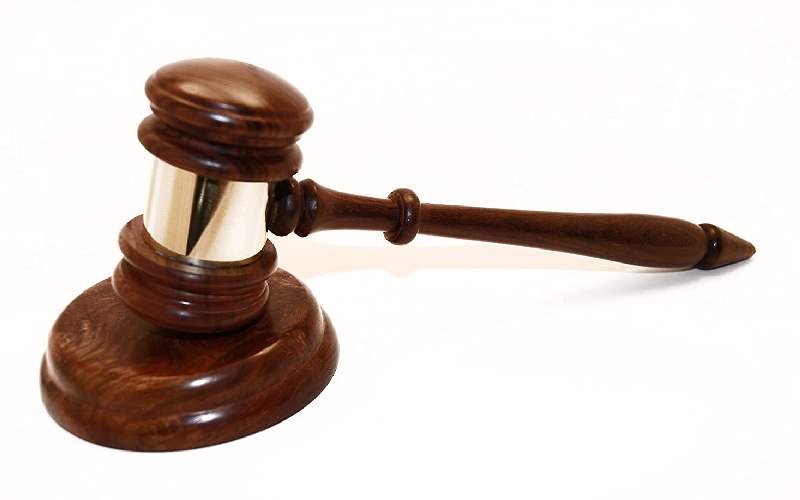×
The Standard e-Paper
Kenya’s Boldest Voice

There is no greater responsibility in any criminal justice system than the power and privilege to prefer a charge for an alleged criminal offence. The power is generally provided for in law and may be wielded quite easily in terms of that law. But it is the manner in which the power is exercised that shows whether the prosecutor fully appreciates the privilege which is contained in the public trust.